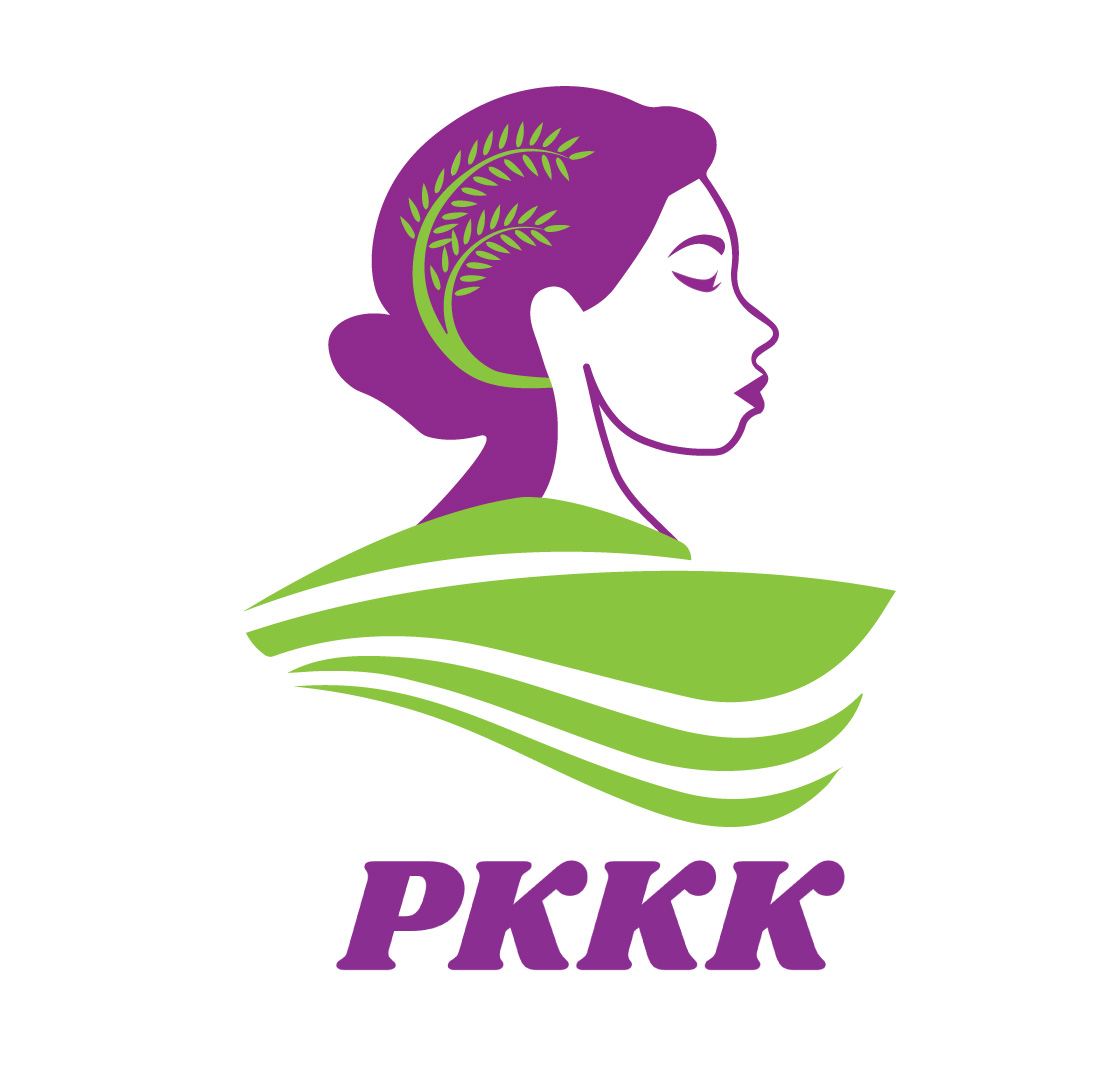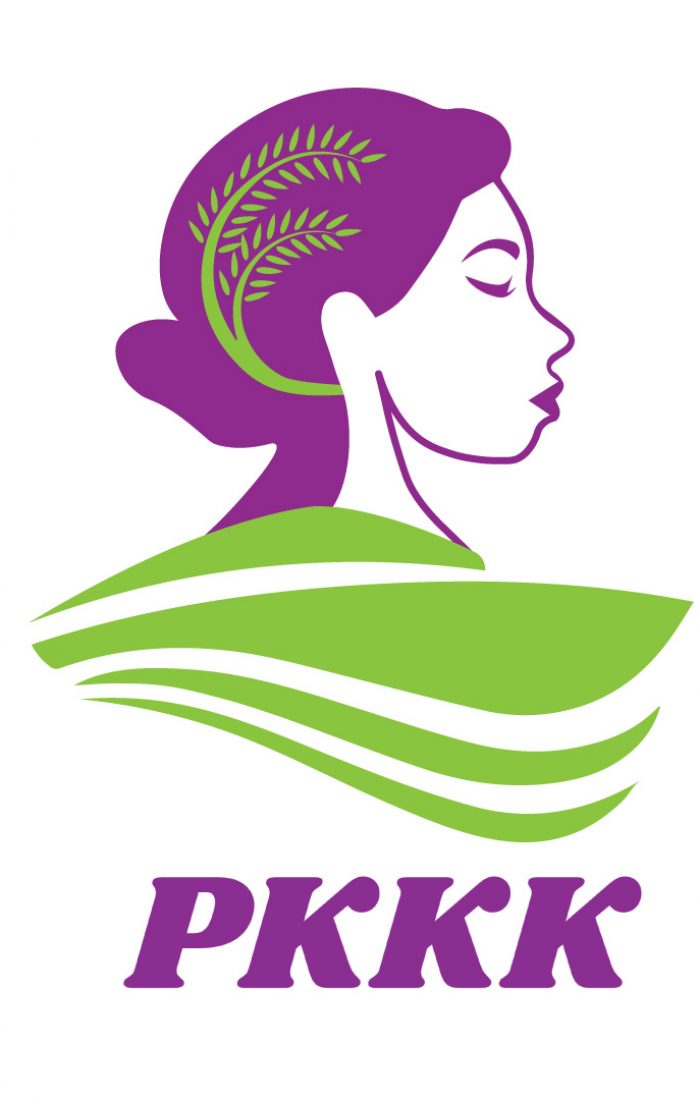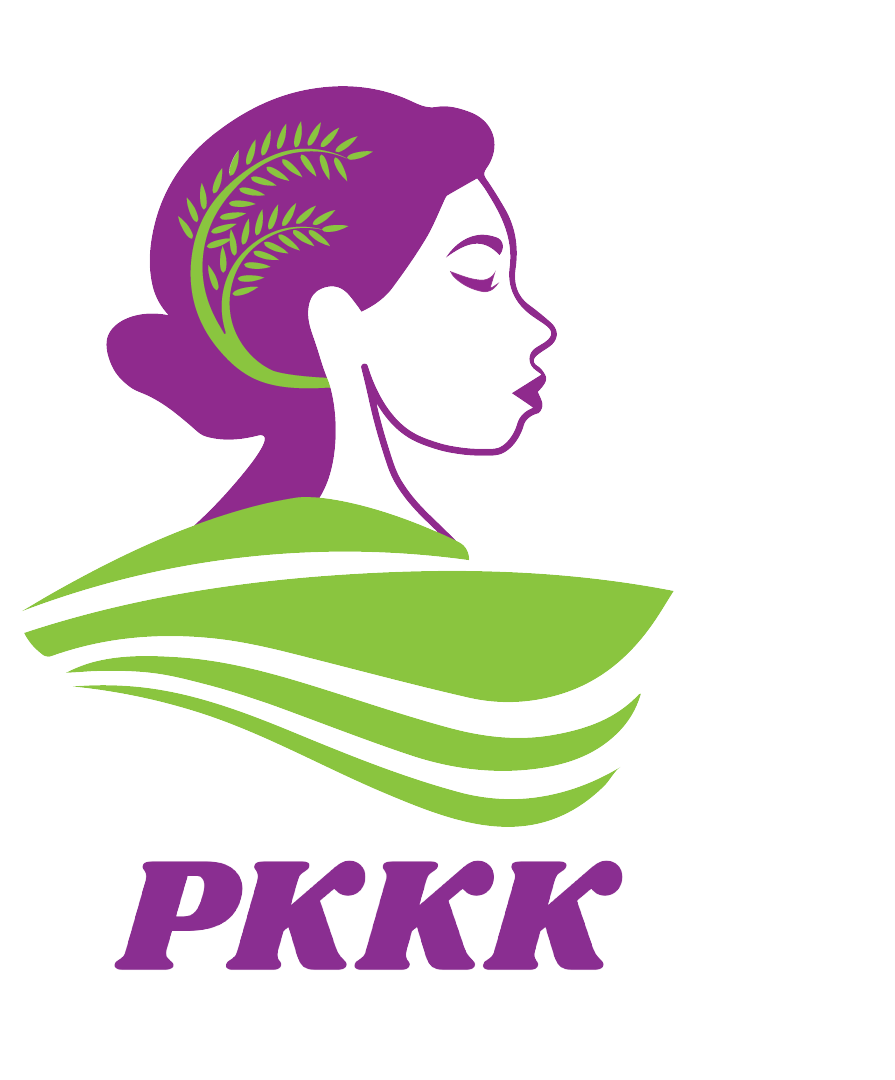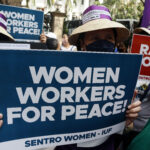THE RURAL WOMEN AGENDA

The Rural Women Agenda
The PKKK as a coalition is united on a Rural Women Agenda which is a long term advocacy platform for its regular campaigns for a better policy, culture and enabling environment for better lives for rural women, their households and communities.
01
Fulfillment of Rural Women’s Property Rights in Agrarian Reform
PKKK supports the land to the tiller program, as basic to realizing social justice and peasant rights in the country. Rural women have the right to gain access and control over the land, especially since opportunities in rural development are tied to the land. The rural women’s entitlement to the land is strategic to the attainment of individual rights and self-empowerment of women, and to over-all rural development and food security. Women who work directly or indirectly, paid or unpaid, in landholdings covered by agrarian reform, are guaranteed and assured by law to equal rights to land ownership, equal shares of the farm’s produce, and substantive representation in advisory or appropriate decision-making bodies.
02
Fulfillment of Rural Women’s Property Rights in Ancestral Domains
PKKK recognizes the right to self-determination of indigneous communities, where indigenous women exercise equal rights and participation in the collective decision. The coalition aims to raise the awareness and capacity of the indigenous women to push for policies that will help strengthen their claim over their ancestral domains, as well as prevent policies that threaten their territories such as mining. Indigenous women leaders shall facilitate discussion that can help identify their roles in ancestral domain concerns and be aware of their rights as provided for by the Indigenous Peoples Rights Act (IPRA).
03
Fulfillment of Rural Women’s Property Rights in Coastal Resources
PKKK asserts rural women as fishers, with the work that they do, whether directly or indirectly, paid or unpaid, in the fishing sector. Similar to the struggle of peasant women, the women fishers need to be recognized and registered as well in the registry system. The issue of “non-recognition” as the basic reason for the rural women’s continuous marginalization in the formulation of fisheries development plans, as well as lack of representation in the fisheries and aquatic resources management councils (FARMCs). Along with this recognition, PKKK pushes for a gender-responsive plan and budget that will substantially support women-managed areas, activities, and aspirations in coastal communities.
04
Access to Basic Services and Social Protection,Safe and Adequate Food and Potable Water, Right to Fair Wages and Just Working Conditions; Recognition, Reduction, Redistribution and Representation of Unpaid Care Work
PKKK demands for the basic welfare and rights to safe and adequate water and food, education, health, and housing, as well as social protection mechanisms that would ensure resilience and security of rural women and their households during calamities and crises. Rural women’s contribution to the economic survival of their families and communities has been highlighted by CEDAW, further acknowledging that most of this is unpaid. Hence, unpaid care work should be duly Recognized, and if possible given value in the country’s GDP. Unpaid care work shall likewise be Reduced in terms of effort and time through the use of technology and programs, Redistributed among household members, and lastly Represented in the policy formulation. With these 4Rs, rural women are being enabled to join the productive work, where of course we aim for fair wages and protection from all forms of discrimination and occupational safety hazards.
05
Access to Sustainable and Women Friendly Agriculture and Fishery Support Services
PKKK affirms that food self-sufficiency is best achieved through sustainable means, eg. agroecology, diversified farming, sustainable fishing, among others. Sustainable farming and fishing technologies do not harm the environment nor worsen climate emergencies. Farming and fishing technologies need to be gender responsive, ie. designed according to the gender-differentiated needs, women-friendly technologies, and consulted with rural women stakeholders.
06
Representation and Participation in the Implementation of Gender and Development Programs and Local Sectoral Representation
Rural women are active players in rural development. They ensure that there is food and water, take care of the health, education and wellbeing of members of households and communities, protection of the environment, among others. Rural women and their organizations should be active participants in local development councils. National policies should be translated to local programs and services and impact studies should be regularly done to benefit rural women.
07
Fulfillment of Reproductive Rights and Protection from all forms of violence and other oppressive relations
PKKK affirms women’s rights to bodily autonomy, promotes women’s rights to reproductive health education and accessibility to reproductive health services, and advocates for the elimination of all forms of gender-based violence. Thru the establishment of Gender-Based Violence Watch Groups (GBV-Watch Groups) by the Sexual Health Empowerment (SHE) Project in provincial coalitions where cases of domestic abuse and gender-based violence are high , PKKK helps create referral channels for GBV survivors to reach LGUs for protection and legal assistance.
08
Fulfillment of a peace agenda, especially in Mindanao
The peace agenda encompasses a comprehensive set of priorities, goals, strategies, and actions designed to promote peace, reconciliation, and conflict resolution. It is imperative that women are actively engaged in every stage of peacebuilding, ensuring their voices are heard. The intersection between the peace agenda and women’s participation is crucial because women offer unique perspective in peacebuilding and bear disproportionate conflict impacts, necessitating their participation. Inclusive peace processes also promote sustainable and lasting peace.
09
Right to Safe Environment and Protection from the impacts of Climate Change
The impact caused by climate change and environmental degradation, soil erosion, drought experienced by rural women are different from those of men. Government should ensure that rights of women farmers, fishers and indigenous women especially in remote areas are respected, protected and fulfilled by ensuring that their needs and capacities and contribution to rural development, protection of the environment and as front liners in disaster and crisis situation are recognized. Thus, they should have access to information, communication technology, take part in the planning, monitoring and evaluation of climate change adaptation measures, DRRM and health crisis management. Rural women and girls protection and safety, especially in disaster situations as being vulnerable to gender-based violation increases, should be ensured by facilitation of local inter-agency mechanisms to prevent, monitor and respond in a survivor-centered manner.
10
Promotion and protection of the rights of children and young women
Children are among the marginalized and most vulnerable sector of society, hence, PKKK has a commitment to ensuring that the rights of women and children are recognized and respected. Educating children and young women to know their rights allows them to seek necessary interventions or services if they are endangered or being encroached on. PKKK also provides reproductive health education for young women so that they may be empowered in bodily autonomy.
The Rural Women Agenda as an advocacy platform is basically a sustainable development agenda. It is mainly focused on rural women as main beneficiary, but its advocacy and the development programs of member organizations are inclusive programs that incorporate the advocacy and development programs for boy and girl children, rural men and women and other vulnerable groups in rural communities.













